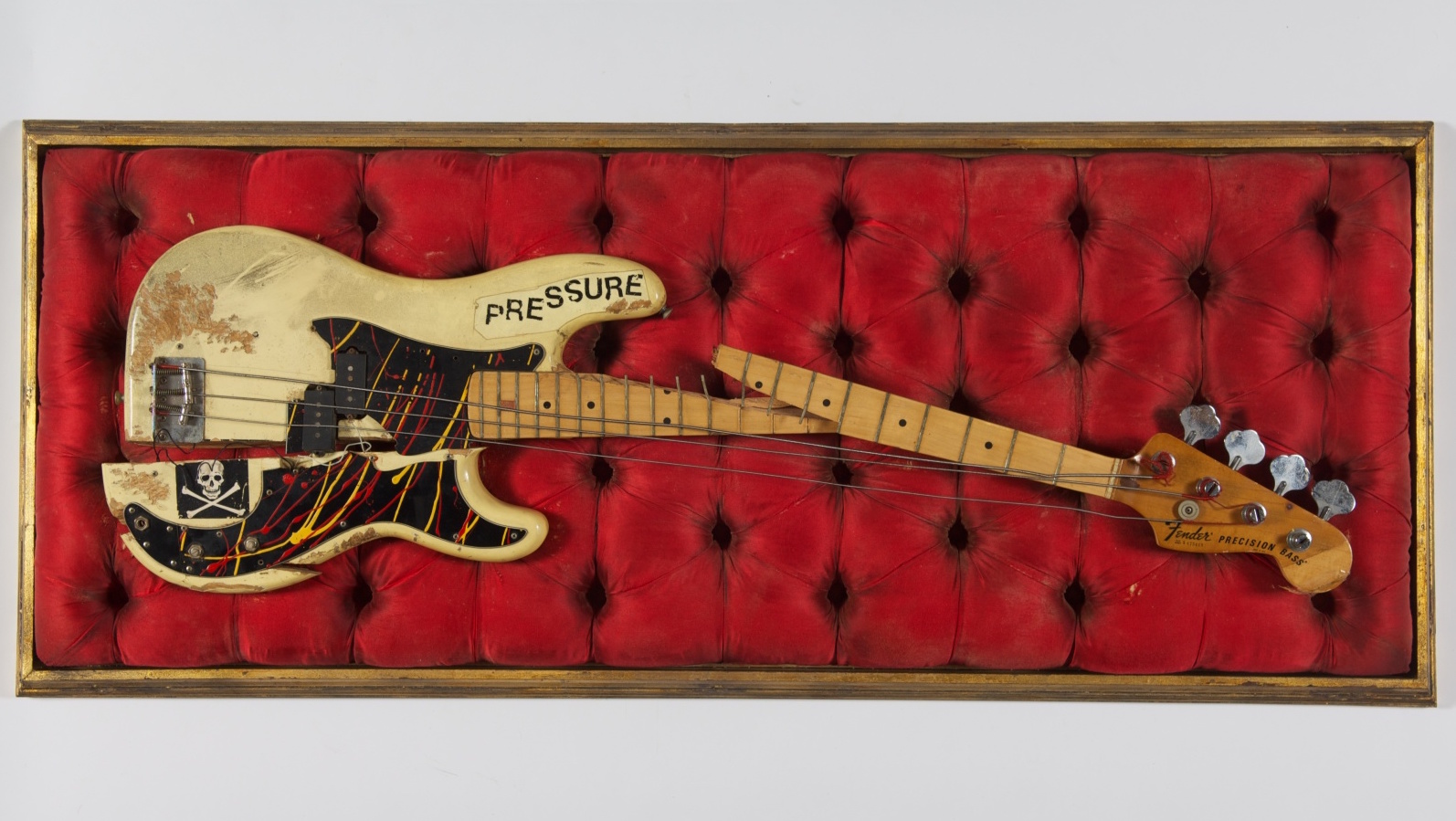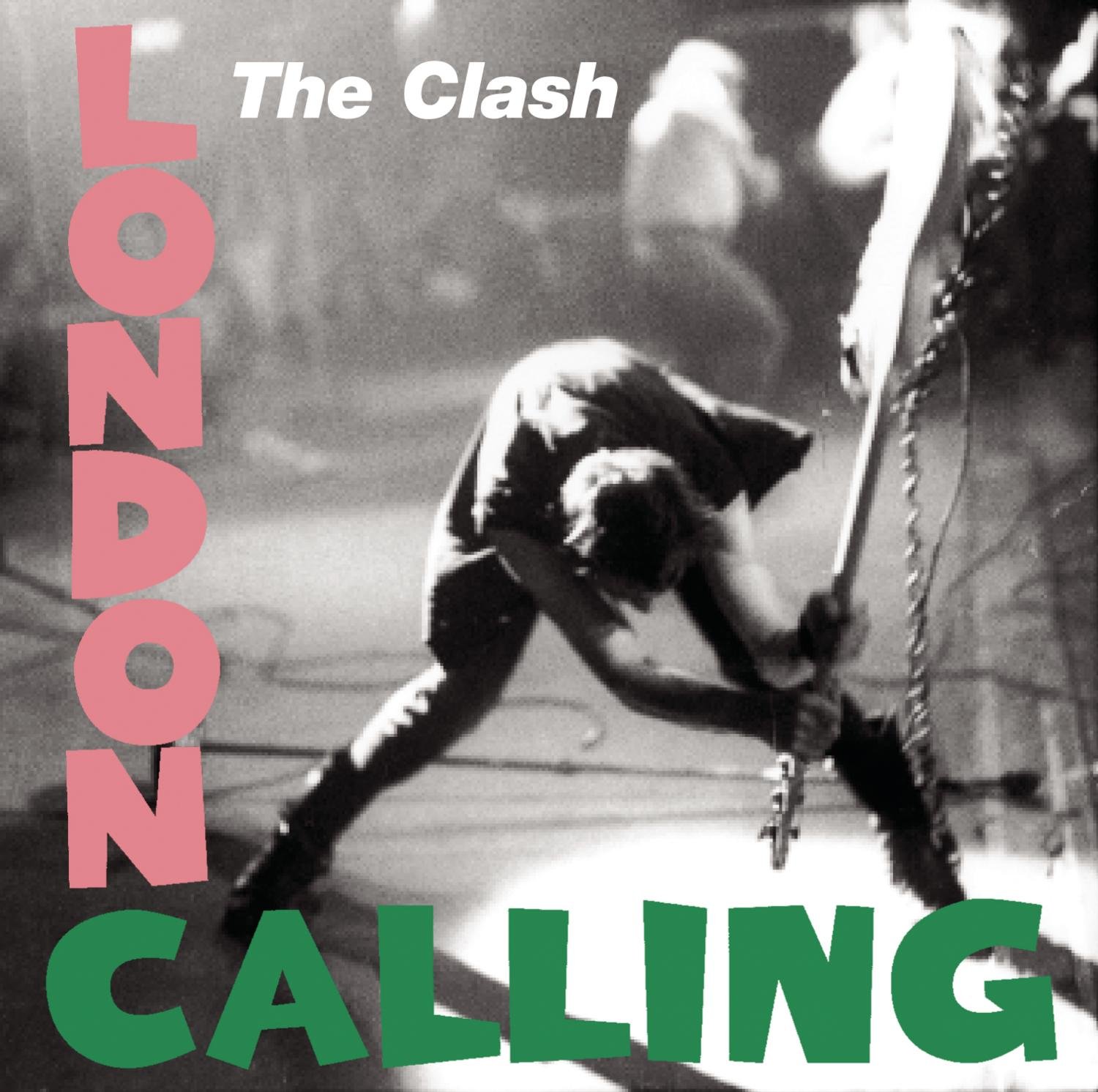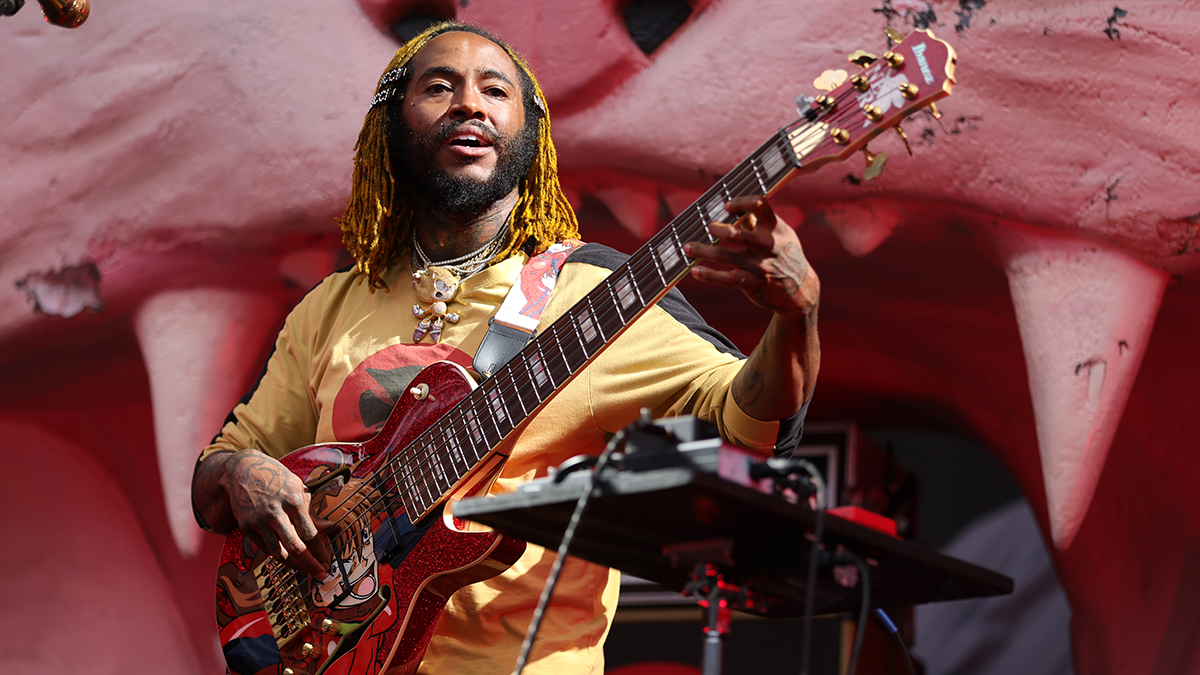Paul Simonon's smashed Fender P-Bass, as seen on the cover of the Clash’s London Calling, to go on permanent display at Museum Of London
The bass had previously been shown at the museum's The Clash: London Calling exhibition from November 2019 to September 2020

All the latest guitar news, interviews, lessons, reviews, deals and more, direct to your inbox!
You are now subscribed
Your newsletter sign-up was successful
The Fender P-Bass that The Clash's Paul Simonon smashed during a September 21, 1979 concert at New York’s Palladium will go on permanent display at the Museum of London later this month.
Originally shown as part of the museum's The Clash: London Calling exhibition from November 2019 to September 2020, the bass guitar will now be displayed as part of an exhibition that tells the story of London from the 1950s to today.
The destroyed bass – which has previously been displayed at the Rock and Roll Hall of Fame Museum in Cleveland – was immortalized on the cover of The Clash's landmark 1979 double album, London Calling.
Angered by the Palladium's bouncers' decision to not let fans stand at that faithful September 1979 gig, Simonon took out his frustration on his bass. The moment of its destruction was captured by photographer Pennie Smith. Though Smith was initially displeased with the image, the band immediately took to it. It would go on to be named the 'Greatest Rock ‘n’ Roll Photograph of All-Time' by Q in 2002.

“The show had gone quite well, but for me, inside, it just wasn’t working well, so I suppose I took it out on the bass," Simonon once said of the incident.
"If I was smart, I would have got the spare bass and used that one, because it wasn’t as good as the one as I smashed up. ”
All the latest guitar news, interviews, lessons, reviews, deals and more, direct to your inbox!
Jackson is an Associate Editor at GuitarWorld.com. He’s been writing and editing stories about new gear, technique and guitar-driven music both old and new since 2014, and has also written extensively on the same topics for Guitar Player. Elsewhere, his album reviews and essays have appeared in Louder and Unrecorded. Though open to music of all kinds, his greatest love has always been indie, and everything that falls under its massive umbrella. To that end, you can find him on Twitter crowing about whatever great new guitar band you need to drop everything to hear right now.

